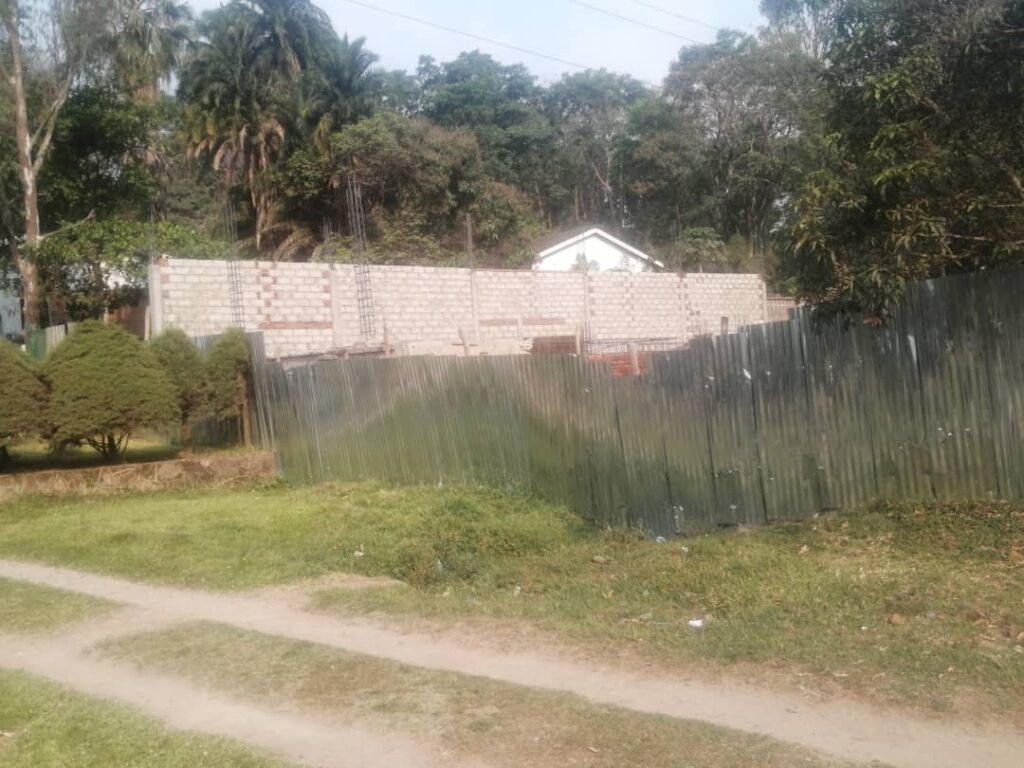

In a dramatic turn of events, the High Court of Malawi has slammed the brakes on the construction of a controversial three-storey structure in Blantyre City, intended for both residential and commercial purposes. This landmark decision comes after the structure’s construction raised eyebrows, as it allegedly encroached upon land designated as a precious wetland ecosystem.
Tabi Kowet, a vigilant Blantyre resident, took matters into his own hands by dragging both the Minister of Lands and the Blantyre City Council (BCC) to court. His bold legal action was aimed at challenging the allocation of this disputed land to business magnate Karamat Ullah Chaundry for development purposes.
High Court Judge Mandala Mambulasa, recognizing the gravity of the situation, has now granted Kowet permission to initiate judicial review proceedings against the minister and the council. This move marks a significant step towards environmental protection and upholding the law.
The contested plot, under judicial review case number 39 of 2023, is situated in the picturesque Mount Pleasant area, adjacent to the Malawi Blood Transfusion Service (MBTS).
Judge Mambulasa’s order effectively halts any further progress on Chaundry’s development project and forbids any additional construction on the site until the substantive matter is resolved.
At the heart of Kowet’s argument, represented by private practice lawyer Felix Thandwe, is the contention that the disputed area is, in fact, a wetland.


According to Section 48 of the Environment Management Act, the development or alteration of wetlands is strictly regulated and requires explicit approval from the Malawi Environmental Protection Authority (MEPA). Kowet asserts that the minister’s decision to allocate this land for residential use without MEPA’s consent and without conducting a comprehensive Environmental and Social Impact Assessment is legally untenable.
Kowet’s affidavit further highlights that the Blantyre City Council, under Section 50(1) of the Physical Planning Act, was obliged to consider a range of critical factors when evaluating Chaundry’s development application. These factors include adherence to the Blantyre District Physical Plan, potential impacts on the environment, and the surrounding land uses—a scrutiny that Kowet believes was lacking in the council’s decision-making process.
In an interview, Thandwe revealed that Kowet had initially voiced concerns by writing to the BCC, seeking clarification on the development of what appeared to be a wetland for residential and commercial purposes. However, Kowet’s inquiry was met with silence, raising doubts about whether the proper procedures had been followed.
The court is now set to proceed with the judicial review process, with hearings scheduled for a later date. The case promises to shed light on the alleged irregularities surrounding this construction project, all while emphasizing the importance of protecting wetlands—unique ecosystems with invaluable benefits, including natural water quality enhancement, recreational opportunities, and sustainable resource access.


